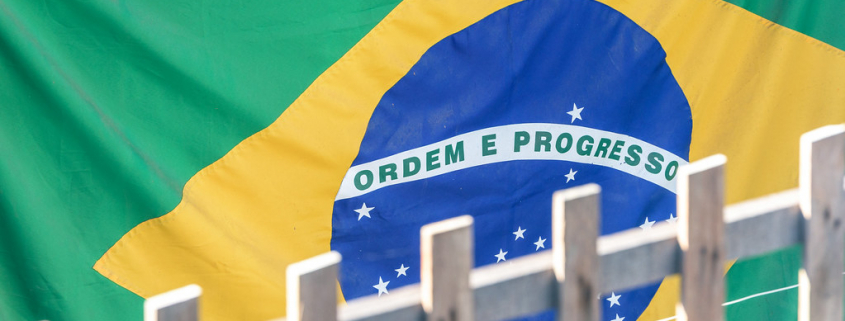Brazil’s corn production has been increasing steadily over the past decade and Brazil has now become the world’s second leading corn exporter in the world after the Unite States. Ten years ago, Brazil was responsible for only 1% of the world’s corn exports and now it accounts for 25% of the world’s corn exports and growing.
Brazil’s increase in corn production can be attributed to the significant increase in safrinha corn production, which is a second crop of corn produced after the first crop of soybeans are harvested. The safrinha corn crop in Brazil now represents approximately 72% of Brazil’s total corn production. Brazil’s safrinha corn acreage is expected to continue increasing because as Brazil’s soybean acreage increases, so too does the safrinha corn acreage.
The 2018/19 Brazilian safrinha corn crop is approaching harvest and farmers are very optimistic about their corn production. In their latest monthly report, the USDA increased their estimate of the Brazilian corn crop by 4 million tons to 100 million tons, which would be a record corn crop in Brazil. Brazil’s corn exports in 2019 could be as high as 32 million tons, or almost 30% more than last year.
Mato Grosso is the largest corn producing state in Brazil and the Mato Grosso Institute of Agricultural Economics (Imea) reported that farmers in the state have now forward contracted 62% of their anticipated 2018/19 corn production, which represented an advance of 3.8% during the month of April and it is now 5% more than last year at this time. The average corn price thus far has been R$ 19.91 per sack (approximately $2.35 per bushel).
More of Brazil’s corn crop is also being utilized to produce ethanol. The first corn-based ethanol facility in Brazil started operations in June of 2017 and multiple corn-based ethanol facilities are scheduled to come on line in the next few years. Corn already accounts for 4.6% of Brazil’s total ethanol production and it is increasing rapidely. It is estimated that there will be US$ 1.26 billion in investments in corn-based ethanol production over the next 4-5 years in Brazil.
Corn is a viable option for ethanol production in the center-west region of Brazil where there is an excess of corn production and relatively low corn prices. It is more profitable to turn corn into a value added product such as ethanol than to pay very high transportation costs to transport the corn to distant export facilities.
Source: Agropages


